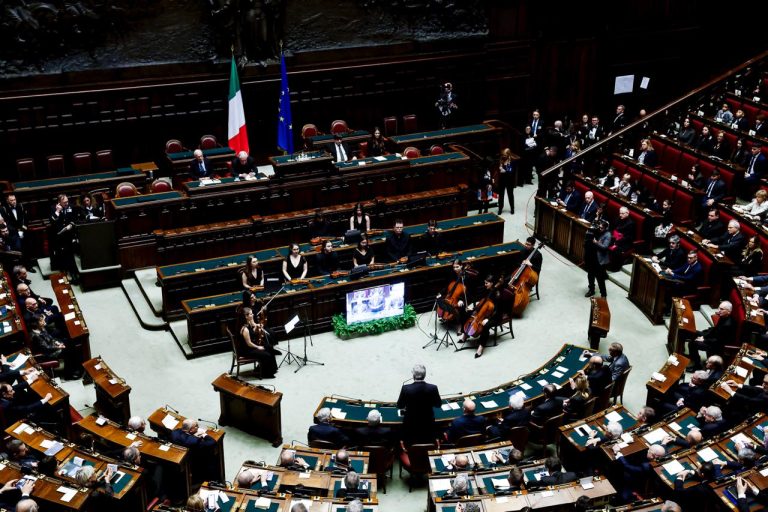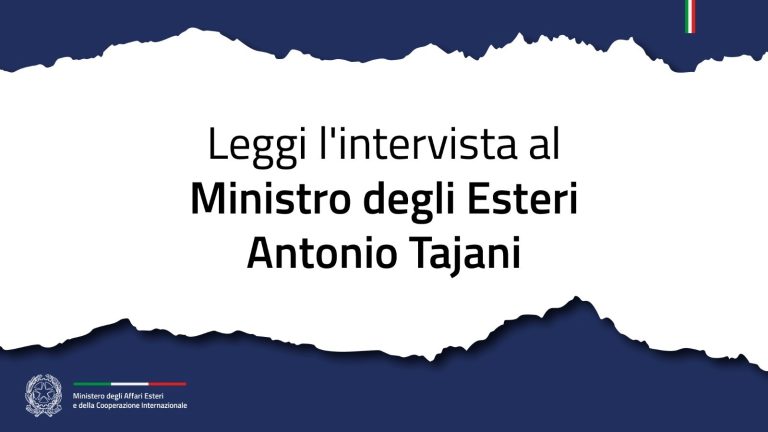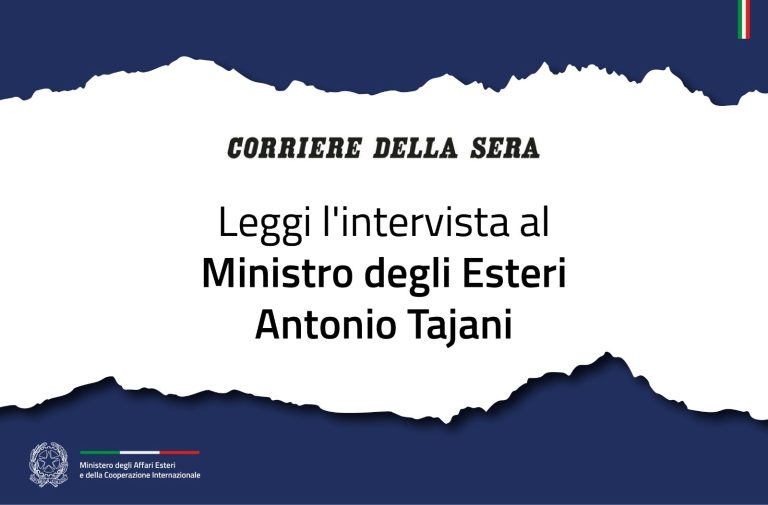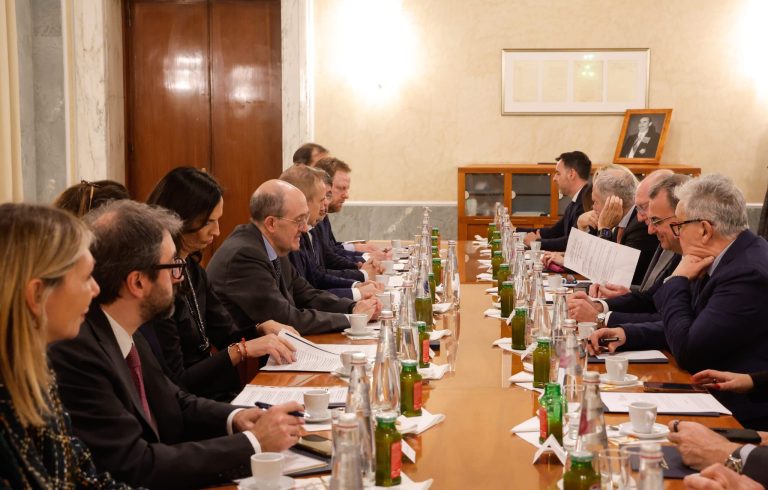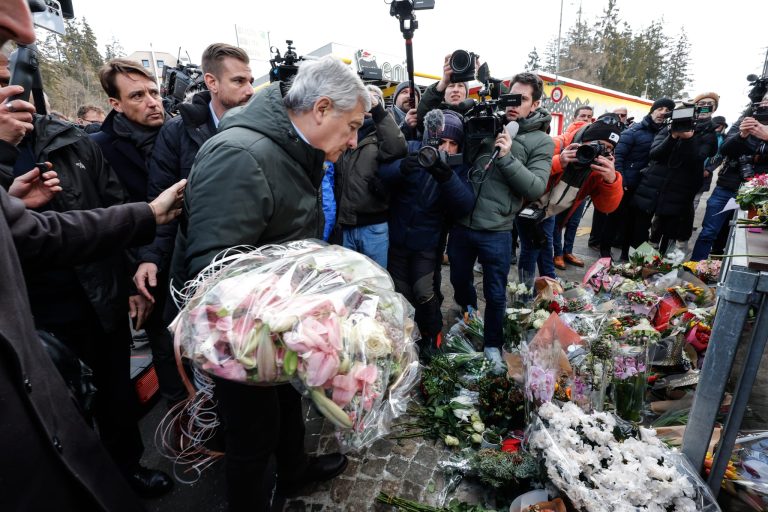In an article published at agendadigitale.eu “Why diplomacy is crucial to meet the challenges of the digital age” Laura Carpini, Minister Plenipotentiary and Head of the Italian Foreign Ministry’s Cyberspace Policy and Security Unit, explores the issue of “cyber diplomacy” (digital diplomacy), which “poses new challenges but certainly does not mean that ambassadors and diplomats can be pensioned off”. Anything but. “It would seem that diplomacy is called in aid precisely because of the evolution of technology and the challenges it poses to the international community,”.
People are talking more and more about cyber diplomacy – Carpini explains – as well as technological autonomy, responsible behaviour by states in cyberspace, and international conventions on cyber crime. But what do they mean when they say that technology and digitalisation have become the theme and objective of foreign policy today?
Technology and the use of social media have changed relationships in the diplomatic network. Although direct and personal connections between political leaders have increased in number and intensity, “ambassadors and diplomats are always there to negotiate, mediate, and try to build bridges between nations and their peoples, and to prepare reports that are reasoned, objective, and free from the urgency of the real-time information which, thanks to the media, now travels at the speed of light”.
Referring to current regulations and treaties, Carpini underlines in detail the relationship between digital diplomacy and issues such as security and the values of democracy, privacy, defence, and foreign policy. “Even when we refer to public diplomacy that makes use of social media” she writes “we are talking about digital diplomacy, a theme that is destined to grow. Naturally the Italian Foreign Ministry and our representative offices abroad have their own institutional web pages, but they are also on Facebook and they have Twitter and Instagram accounts”. This is an “evolution” compared to a past in which diplomacy “kept out of the spotlight” but is today “increasingly making use of it, including via digital tools. But these has not cancelled out the more reserved kind of diplomacy, since that would mean ipso facto negating a diplomacy that must still be able to conduct negotiations and deal with issues in complete confidentiality. Nevertheless a new type of activity has been triggered off by the progressive interconnection of societies at all levels, and it means that the diplomat is no longer merely the link between two governments but must interact with every segment of society”.
Thus the Twitter accounts of ambassadors and embassies become important tools for promoting their country abroad or for protecting their compatriots; “consider” – says Carpini – “the rapidity with which information on natural disasters, evacuations or other urgent matters is conveyed”. The use of these social media requires a skill that is “not always easy to acquire for people who have traditionally been devoted to working out of the spotlight, but on the other hand it is one of the many challenges of a service – the diplomatic service – which far from fearing innovations, adapts to them, feeds off them, and draws new strength from them”.
Another challenge is the debate on disinformation and fake news. In that regard Carpini believes that “a democracy cannot and must not simply turn off the internet or arbitrarily close people’s accounts or, worse, implement mass surveillance systems, but must defend the most vulnerable and protect the regularity of democratic processes whilst protecting its own security”.
“In conclusion, the creation of cyberspace is a challenge and at the same time an opportunity of great importance that embraces every sector, from the economic sphere to security and the protection of rights, and it involves all countries. As always in history, diplomacy builds bridges where different opinions and interests come to meet, and the greater the impact of the transformation and the interests in play, the more necessary diplomacy becomes. The protection of our values, the security of networks, and the development opportunities that cyberspace offers, certainly come under that heading”.
Read the full article here: Carpini (Maeci): “Perché la diplomazia è cruciale per vincere le sfide dell’era digitale” – Agenda Digitale


